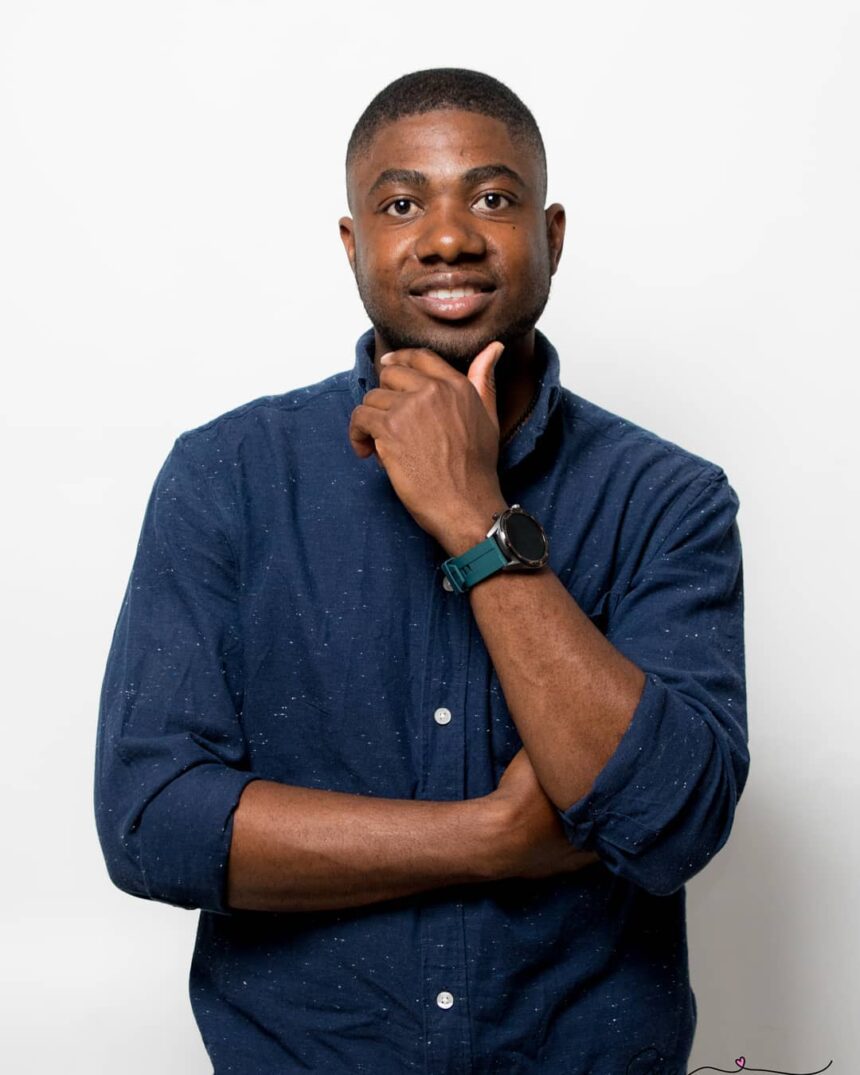Honest Mhungu
In recent years, debates around decolonising the curriculum have taken centre stage. The decolonisation of the curriculum movement has attracted institutions of the higher learning world to question the critical issues around power, knowledge, and the legacies of colonialism.
The decolonisation movement has gained traction with universities particularly in Africa collectively trying to recognise knowledge systems that have been silenced and that mimic the colonialist’s legacies. Recently, decolonial projects collectively sought to question and transform the knowledge being imparted and produced by higher institutions of learning, specifically in the global south. The decoloniality scholars assert that the curriculum has remained largely Eurocentric and continues to reinforce Western dominance and privilege (Nyamnjoh, 2012; Grosfoguel, 2010; Ndlovu- 2 Gatsheni, 2013b). Decolonising the curriculum is part of the broader projects of decolonisation and cannot be regarded as separate from those projects for social and economic justice. By decolonisation, I imply challenging, dismissal and a thorough inspection of Euro-western literature, theories, discourses, assumptions and identities, which privileges and legitimise certain forms of knowing while invalidating Indigenous African ways of knowing and epistemologies. Over the past decades, the debate on the issues and ideas of decolonisation has been explored and developed by a number of African scholars, including Fanon, Ngugi WA Thiong’o, NdlovuGatsheni, Nyamnjoh, Nhemachena and Becker etc. Their scholarly work and vision of decolonisation is a call to shift the geography of reason bringing African indigenous theories, languages, literatures and knowledge to the centre and as an essential part of our education.
More so, decolonising the curriculum is a machinery to amalgamate relevant African knowledge systems and education to sustain Africa at large. Decolonising the curriculum has now come as a remedy to address these absurd anomalies of the colonial/ apartheid education that sidelined Africans as knowers but viewed them as objects. The colonial/ (neo) colonial educational curricula which were designed for black Africans had a mission to keep blacks on the periphery of development and in a confined space making it difficult to have our sovereignty (kuzvimirira).
This has led various scholars to champion decolonisation projects to free the African education space from Western epistemological bondage. Ngugi WA Thiong’o suggests decolonisation of the mind is a recipe for the failed Euro-American languages, literature and theories that are misaligned to fulfil the aspirations of our societies.
His argument brought by decolonial scholars is embedded in self-defining African people from within their space and this can only be achieved by putting African literary works at the centre. However, other decolonial scholars like Ngugi ask about the authenticity of what is considered African literature.
This is a critical thought-provoking question that addresses evasive abstractions. I would consider African literature from the geographical habituation of the writer as used Ndlovu-Gatsheni termed “locus of enunciation” so to avoid incorporating false robs of identity literature in the European language.
Let us take sovereignty over our natural resources as youths and let us discuss the imperatives of permanent sovereignty over our natural resources. Power is in the ownership of your resources.
*Honest Mhungu is a sociologist (University of Namibia and Karlstad University Alumni), who writes on environment, education, climate change, agriculture and mining activities in Africa.



